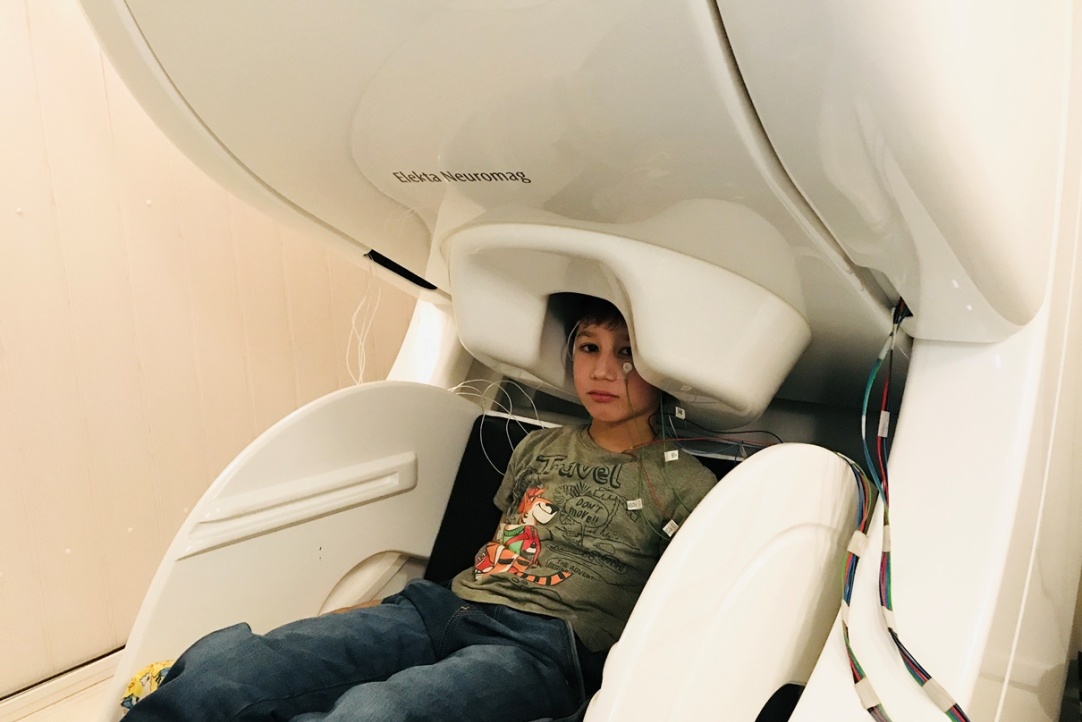
HSE Researchers Identified the Age-Related Changes in Gamma-Band Oscillations in Auditory Cortex in Children
Researchers from the HSE Center for Language and Brain have identified previously unknown age-related changes in brain activity during the perception of auditory information in a group of children aged 7–12 years. The researchers used magnetoencephalography (MEG), an ultra-precise method of brain activity recording. The results obtained can be used to explore the impairments in language comprehension in children with autism. The study was published in the Human Brain Mapping.

HSE University Researchers Track Language Abilities of Russian Children with ASD
Researchers from the HSE Center for Language and Brain have, for the first time, described the language abilities of Russian children with Autism Spectrum Disorder (ASD) at all linguistic levels (e.g., phonology, lexicon, morphosyntax, and discourse), using a language test that takes into account the psycholinguistic variables most relevant for Russians. The study was published in Journal of Autism and Developmental Disorders.

Brain Activity Can Reveal the Severity of Autistic Traits
A team of researchers from Russia and Israel applied a new algorithm to classify the severity of autistic personality traits by studying subjects’ brain activity. The article ‘Brief Report: Classification of Autistic Traits According to Brain Activity Recoded by fNIRS Using ε-Complexity Coefficients’ is published in the Journal of Autism and Developmental Disorders.

Complex Phonological Tests Are Useful for Diagnosing Reading Dysfunction
HSE University researchers have confirmed that the level of phonological processing skills in children can impact their ability to master reading. Complex phonological tests are best suited to detect phonological impairment. The study was published on September 6, 2020, in the Journal of Research in Reading.


Submission deadline: April 6, 2025